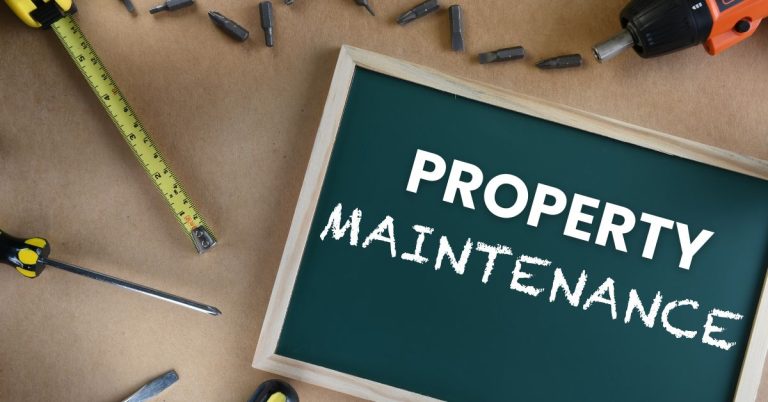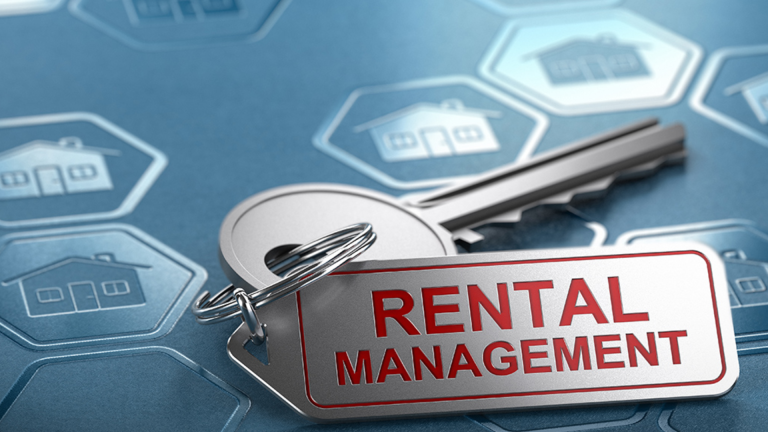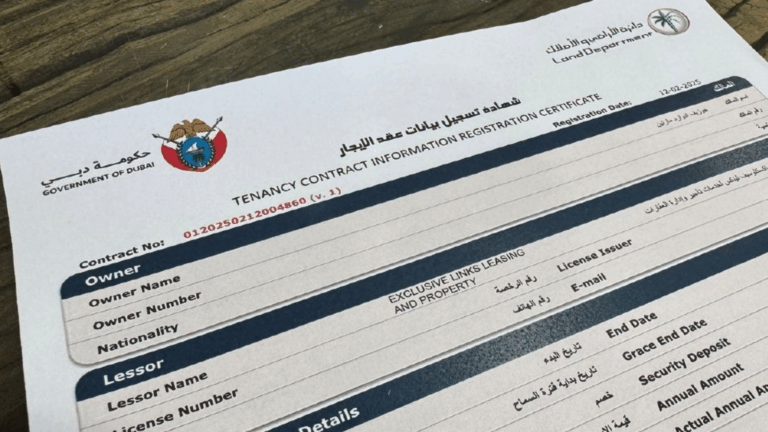Renting out a property in Dubai can be a rewarding investment, but it requires careful management and due diligence. For landlords, adhering to renting guidelines for landlords in Dubai, following a thorough landlord checklist in Dubai, and understanding the legal requirements for landlords in Dubai are crucial steps to protect their investment and ensure a smooth renting experience. This guide provides a detailed tenant screening checklist in Dubai to help landlords make informed decisions.
How to Screen Tenants in Dubai
Effective tenant screening is the cornerstone of a successful rental process. Below is a detailed tenant checklist in Dubai to ensure you find the right tenant for your property.
Verify Financial Stability
One of the first steps in screening tenants is to confirm their ability to meet rental obligations. Request the following:
- Proof of income: Ensure tenants provide payslips or bank statements to demonstrate they can afford the rent.
- Employment verification: A letter from their employer stating their job stability and monthly income.
Request Identification Documents
Collect and verify identification documents to ensure the tenant’s legitimacy. Essential documents include:
- Emirates ID
- Passport copy with a valid visa
- Any additional residence-related documents, if applicable
Check Rental History
Ask potential tenants for references from previous landlords. This helps you gauge their reliability, including:
- Timeliness of past rent payments
- Property upkeep history
- Any disputes or legal issues with previous landlords
Review Background and Credit History
Conducting background checks is crucial to ensure a tenant’s credibility. While credit checks might not be as common in Dubai, they can be helpful when assessing financial responsibility.
Discuss Lifestyle Requirements
Ensure the tenant’s lifestyle aligns with the property’s conditions and rules. For example:
- Pets: Ask if they have pets, especially in pet-restricted communities.
- Smoking: Verify whether the tenant smokes to avoid potential property damage.
Confirm Legal Compliance
Ensure the tenant is legally eligible to rent the property. Cross-check their visa status, employment details, and compliance with any residency regulations.
By following this tenant checklist in Dubai, landlords can mitigate risks and ensure they choose a responsible and reliable tenant.
Legal Requirements for Landlords in Dubai
Understanding landlord responsibilities in Dubai and complying with renting guidelines for landlords in Dubai are essential to staying on the right side of the law. Here are some key legal requirements for landlords in Dubai:
Drafting and Registering a Tenancy Contract
Every tenancy contract must be registered with Ejari, the official rental agreement system in Dubai. This ensures that the agreement is legally binding and protects both parties in case of disputes.
Ensuring Property Readiness
The landlord is responsible for ensuring the property is safe, habitable, and compliant with local standards before handing it over to the tenant. Any existing damages or maintenance issues must be addressed beforehand.
Providing Legal Documentation
Landlords need to provide:
- Title deed
- Passport copy
- Emirates ID (if required)
These documents establish the landlord’s ownership and ability to lease the property.
Adhering to Maintenance Responsibilities
Landlords are required to maintain the property and address major repairs unless stated otherwise in the tenancy agreement. This includes plumbing, electrical work, and other essential services.
Complying with Tenant Rights
Landlords must respect tenant rights as outlined in Dubai’s rental laws. This includes:
- Providing a written notice of 12 months for eviction in specific cases.
- Ensuring privacy by seeking tenant consent before property inspections.
For landlords who find these processes overwhelming, hiring professional firms like Provident Property Management can be the best option. Their experts can handle tenant screening, contract registration, and ongoing property management, ensuring a hassle-free experience and compliance with all legal requirements.
The right tenant is key to a smooth renting experience in Dubai. By following the outlined tenant screening checklist in Dubai and understanding landlord responsibilities in Dubai, you can protect your property and maintain positive landlord-tenant relationships. Thorough preparation, supported by professional services, can make renting in Dubai a seamless process.
FAQs
What documents do landlords need in Dubai?
Landlords need a title deed, passport copy, and Emirates ID. These documents are essential for registering the tenancy contract with Ejari.
Can landlords evict tenants in Dubai?
Yes, landlords can evict tenants in Dubai, but only under specific conditions and with 12 months’ written notice as per rental laws.
What is included in a tenant screening checklist in Dubai?
A tenant screening checklist includes verifying financial stability, checking identification documents, reviewing rental history, and conducting background checks.
Who is responsible for property maintenance in Dubai?
Landlords are responsible for major repairs and ensuring the property is habitable. Minor maintenance may be the tenant’s responsibility, depending on the contract.
How can landlords ensure legal compliance in Dubai?
Landlords can ensure legal compliance by registering the tenancy contract with Ejari, adhering to maintenance obligations, and respecting tenant rights.







